2021年JMM期刊青年科学家奖获奖名单

我们感谢每一位在2021年向期刊投稿的作者,他们为我们展示了青年科学家所做的杰出工作。我们为能通过期刊为青年科学家创造更多的机会和荣誉感到自豪,并希望我们的读者能浏览本次参与评选的全部文章。
作者及文章介绍
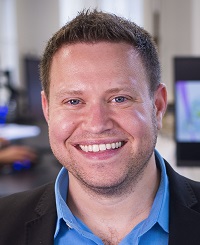
Ryan D Sochol
Abdullah T Alsharhan et al 2021 J. Micromech. Microeng. 31 044001
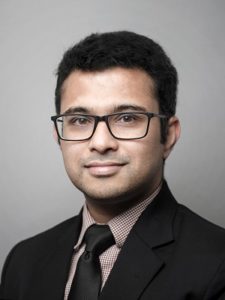
Sindhu Preetham Burugupally et al 2021 J. Micromech. Microeng. 31 064002
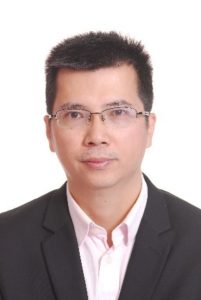
INon-intrusive DC voltage measurement based on resonant electric field microsensors
Pengfei Yang et al 2021 J. Micromech. Microeng. 31 064001
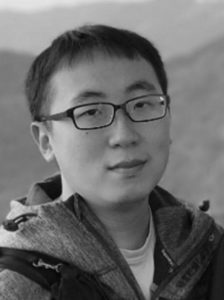
Thin-film lithium niobate-on-insulator (LNOI) shear horizontal surface acoustic wave resonators
Tzu-Hsuan Hsu et al 2021 J. Micromech. Microeng. 31 054003

Chaotic ultrasound generation using a nonlinear piezoelectric microtransducer
Martial Defoort et al 2021 J. Micromech. Microeng. 31 054002
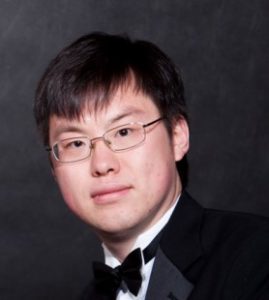
Kaikai Xu 2021 J. Micromech. Microeng. 31 054001
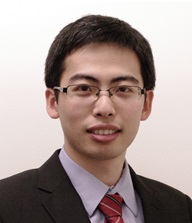
A monolithic Si-micromachined four-stage Knudsen pump for µGC applications
Tsenguun Byambadorj et al 2021 J. Micromech. Microeng. 31 034001
奖项介绍
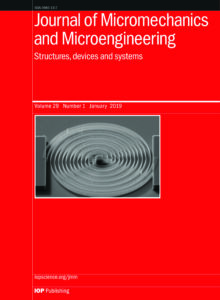
The original research articles will cover areas from across the scope of JMM, including topics such as: MEMS/NEMS, sensors, micro- /nano-fluidics, lab-on-a-chip, biomedical systems and devices and flexible/wearable electronics.
